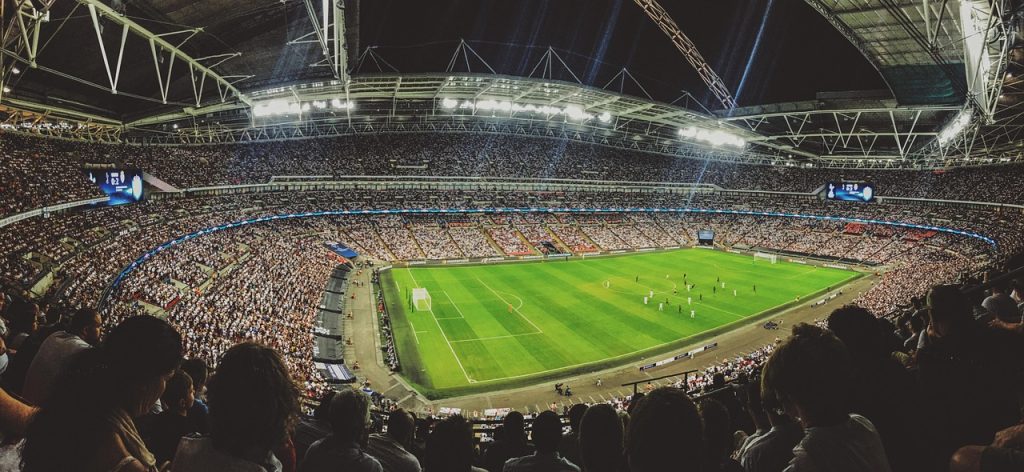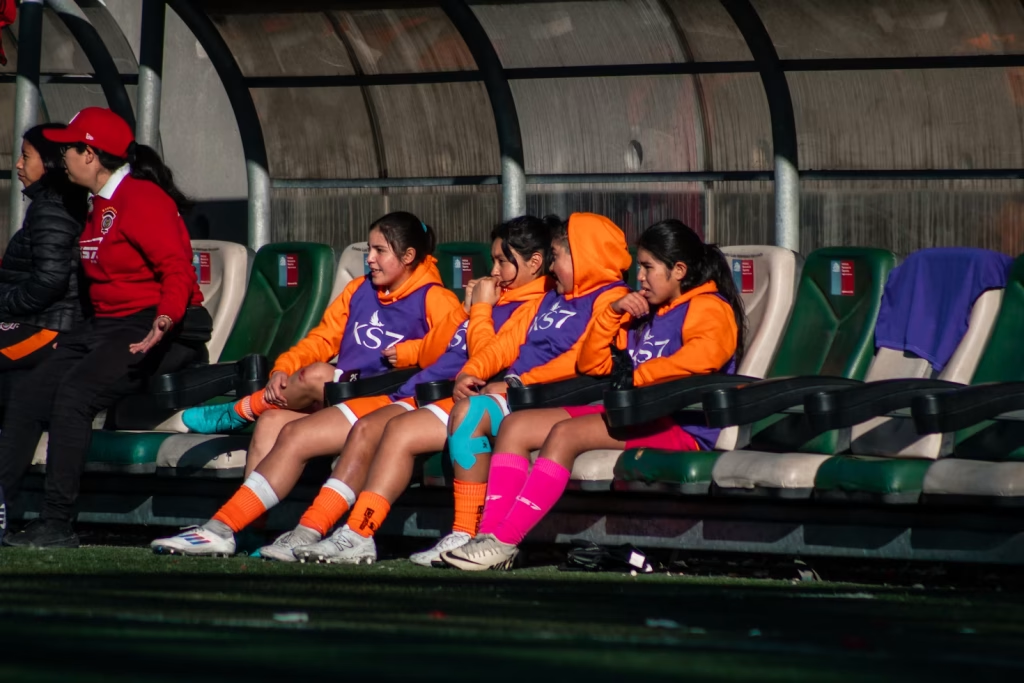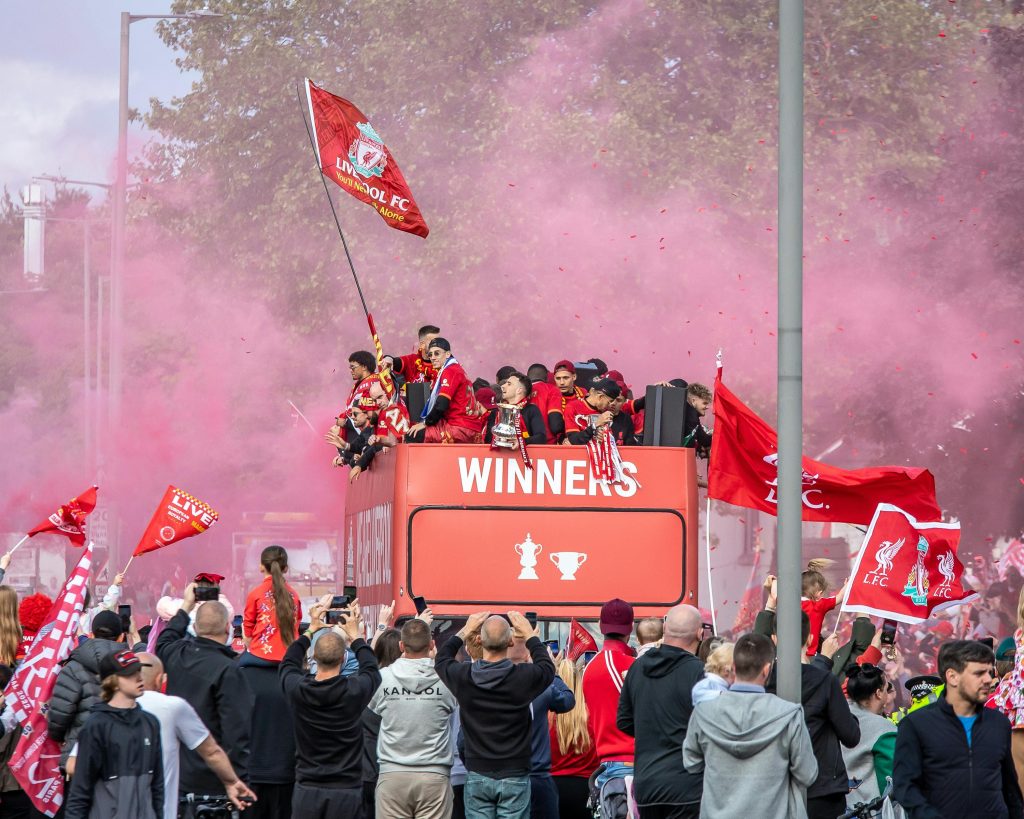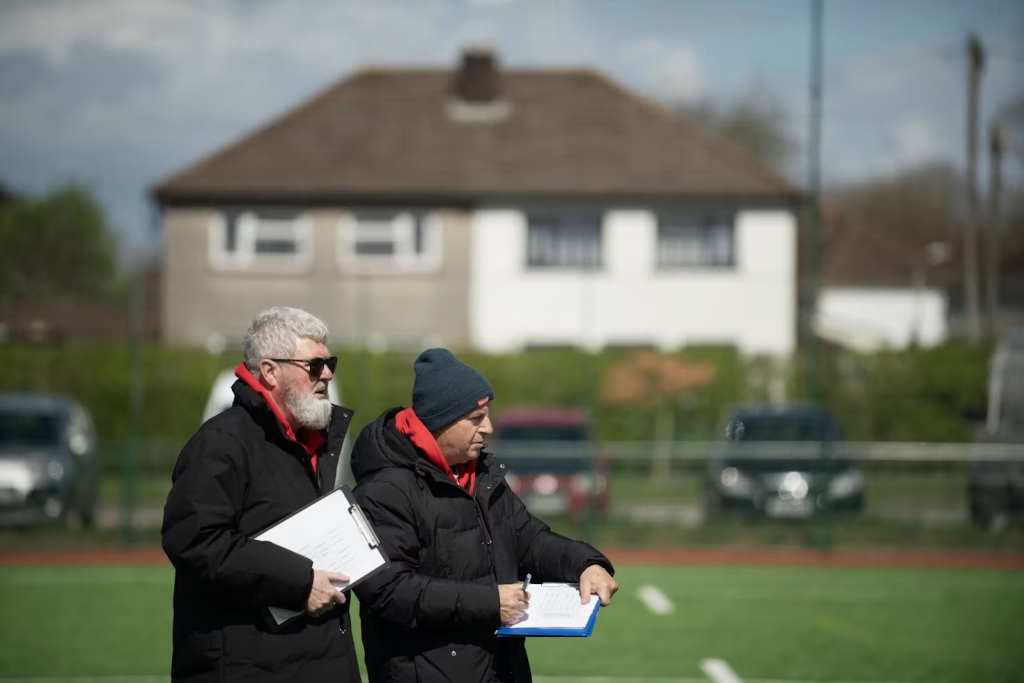Winning the FIFA Club World Cup isn’t just a moment of glory—it can redefine a club’s trajectory in multiple ways. From financial windfalls and global branding to locker room morale and long-term strategy, the post-title effect ripples through every part of a winning club. Understanding this dynamic helps to highlight why the tournament has become more than just another trophy—it’s a potential game‑changer in the modern football economy.
1. A Sudden Financial Surge
Record-Breaking Prize Money
In 2025, winners can pocket up to $125 million—the richest prize in club football history. This includes sport-based earnings plus participation bonuses, all part of a $1 billion pool shared among 32 teams.
Beyond the Trophy Fund
- Clubs may negotiate additional match fees, sponsorships, and optimised merchandise revenue following their triumph .
- High-profile wins often trigger a boost in transfers, as players’ market values rise in response to global exposure.
2. Elevated Global Brand & Market Appeal
International Reach
Winners experience a spike in global brand interest—from broadcast deals in new territories to digital growth across emerging football markets like Asia or North America .
Sponsor Attraction
Triumph boosts brand credibility: clubs can command premium sponsor rates, creating long-term partnerships across local and international levels.

3. Sporting Momentum: Confidence and Squad Depth
Tunnel to Next Season
Victories build confidence, winning a global competition reinforces a winning culture. Coaching staff can use this as a motivational springboard for domestic league battles and continental campaigns.
Player Buy-In
New and existing squad members feel seen and valued, reinforcing loyalty and collective identity—essential for team cohesion.
4. Logistical and Competitive Strain
Fixture Congestion
Adding several high-stakes matches to already packed calendars can strain players, lead to injuries, and drain resources .
Dual-Edge Trophy Burden
The honor of winning can become a pressure—the following season brings heightened expectations, media scrutiny, and rival teams more motivated to beat the holders.

5. Economic Ripple Effects
Local and Global Economic Gains
Host cities and the winning club’s home community benefit via tourism, merchandising, and sponsorship activation, generating increased sales and local awareness.
Strategic Investment
Some clubs reinvest winnings into training facilities, youth development, and market campaigns—long-term investments rooted in short-term gains.
6. Strategic Positioning: From One-Off to Legacy Builder
Reinforcing Vision
Connecting a global title to the club’s brand vision helps guide player recruitment, academy strategy, and market expansion in future seasons.
Long-Term Revenue Rules
Leveraging prize money strategically—not simply spending on marquee signings—can ensure sustainable growth and stability.

7. Community and Fanbase Celebration
Renewed Fan Loyalty
Celebratory events—parades, meet-and-greets—rally local fans and cement emotional bonds between the club and its supporters .
Social Media Buzz
Content featuring the celebration builds excitement, boosts follower counts, and expands fandom online.
8. Risks of Overextension
Financial Missteps
Overspending (e.g., large player acquisitions based solely on prize returns) can destabilize finances if performance lags.
Burnout
A packed season can lead to squad fatigue. Strategic rotation, rest, and medical planning are vital to manage energy levels.
9. Comparative Table: Immediate vs Long-Term Effects
| Impact Area | Short-Term Effects | Long-Term Opportunities/Risks |
| Revenue | Cash injection, merchandise boost | Reinvestment or unsustainable spending |
| Brand Exposure | Global spotlight, social growth | Sponsorship integration or hype burnout |
| Squad Confidence | Winning mentality, marketable reputation | Pressure to repeat results, complacency risks |
| Fixture Load | Player fatigue, injury risk | Structured rest planning essential |
| Community Engagement | Parades, events, local celebration | Maintaining interest post-trophy |
10. Case Studies of Past Winners
- Real Madrid (2023)
Riding high, they leveraged global exposure on a world tour—boosting commercial earnings and awarding academy investments. - Bayern Munich (2021)
Used prize money to invest in youth and recruit key talents, broadening their squad depth and European readiness. - Corinthians (2012)
Demonstrated that the tournament’s symbolic importance—beyond immediate financial reward—can elevate national pride and support overseas market entry .

Recommendations for Sustainable Post-Title Planning
- Allocate prize funds smartly—prioritize infrastructure, health, and talent development.
- Manage expectations—focus on controlled communication and realistic goals.
- Rotate squad wisely—use sports science to prevent overload.
- Engage fans—keep momentum with events, content, and dialogue.
- Track ROI—monitor sponsorship growth, global fan acquisition, and on-field performance.
Winning the Club World Cup delivers more than a trophy. It delivers an opportunity—to reset standards, build legacies, and expand in new markets. But prosperity depends on strategic planning. Clubs that treat triumph as a milestone, not a finish line, can turn a historic title into sustained growth and global prestige.